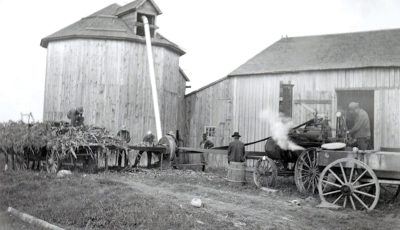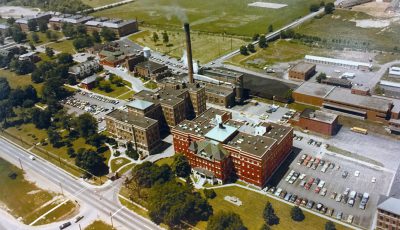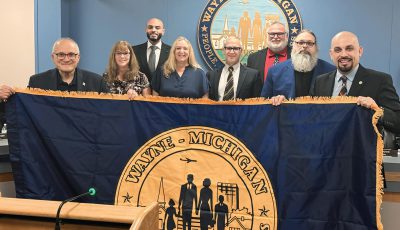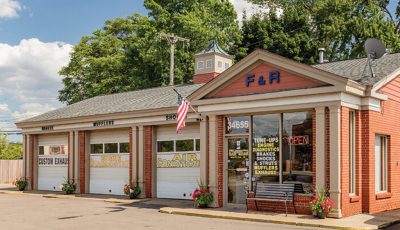The history of Eloise continued (part 7)

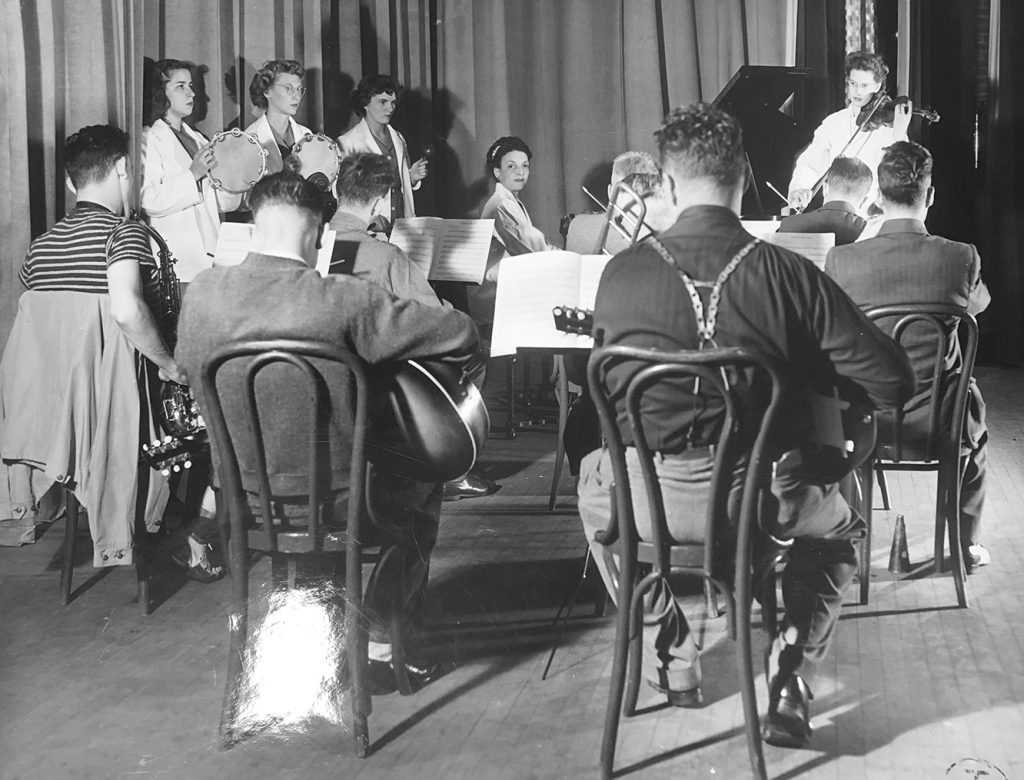
Patients participate in Music Therapy at Eloise. Photo courtesy of The Wayne Historical Museum
This is part 7 of a multi-part history of the Wayne County Poorhouse and Asylum, commonly known as Eloise. In the height of the Depression, it was decided that the county house after being an asylum, poorhouse, and sanitarium for tuberculosis would also become a full-fledged general hospital. In 1931 the old poorhouse building, mostly built around the turn of the century, would be renovated into the first Wayne County General Hospital. It took the name William J. Seymour Hospital, named after the medical superintendent at the time that pushed for the hospital. A new floor was added, as well as operating rooms and patient wards. This would be the only major hospital between Detroit and Ann Arbor, and would also serve as a teaching hospital for doctors and nurses from Wayne State, Michigan State and other local medical colleges.
Many doctors and nurses in the local area got their training and clinicals at Eloise at the beginning of their careers. The hospital would also be a testing hospital for pharmaceutical companies to test new drugs and treatments. In 1931, “D” building, the Kay Beard Building, was built to house offices and some mental patient wards. This is the building that still survives today as the haunted attraction on Michigan Avenue.
As part of the WPA program of getting people working during the depression a new theater and assembly hall was built from 1938-1940. This building, called Gruber Auditorium, could seat 700 and was used for movies, live shows, lectures and religious services. It was named for Dr. T.K. Gruber who at Eloise pioneered the use of music therapy for psychiatric patients, a technique still widely used today.
The 1930s and 40s was the height of activity, patient numbers and some might say quality of care given at Eloise. The state, ever since the mid-1800s still hadn’t been paying their fair share of the cost of housing mental patients that should have been at state facilities. In the 1930s it cost $1.06 per day to house a patient, and the state was only paying $.95, leaving county tax dollars to pay the difference. This gap grew exponentially over the next twenty years as costs grew wildly.
In the 1940s Eloise saw another huge influx of patients due to WW2. Many returning GI’s had physical injuries and handicaps that needed care, therapies and treatments, while many returned with the invisible injuries we know of today. Things like PTSD were little understood, called “Shell Shock” at the time, and many soldiers found that they could not integrate back into their normal lives here due to the things they had seen. Many ended up at Eloise in the asylum side, the buildings had a capacity of 2,600, but by the end of the war there were over 4,000 crammed in. Cracks were beginning to form at Eloise. Check in next month for the continuation of the series.




